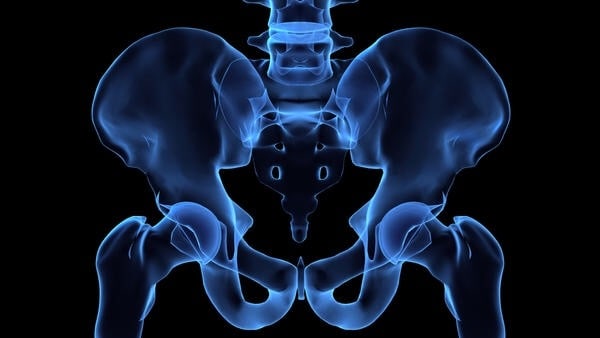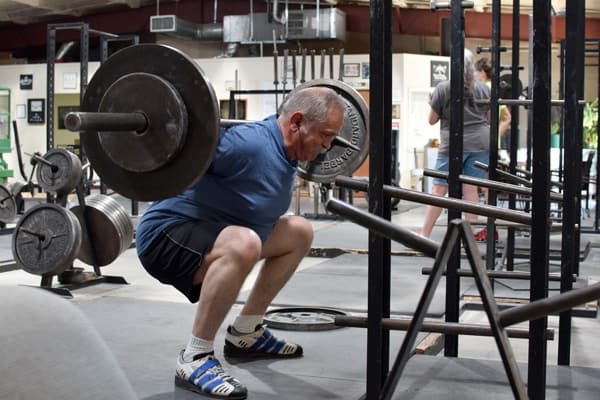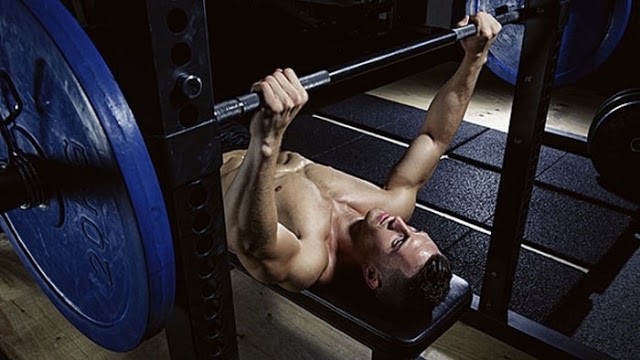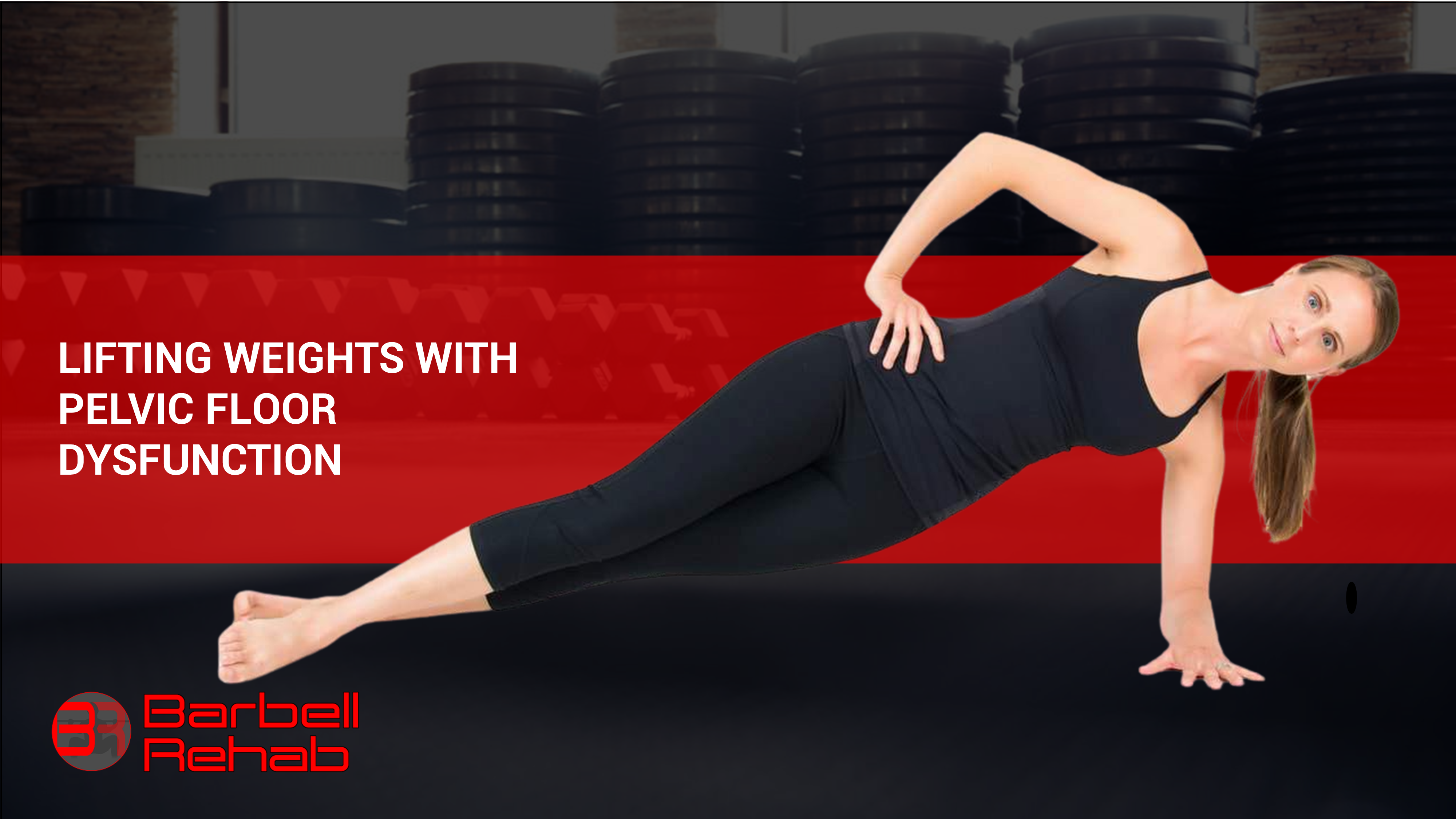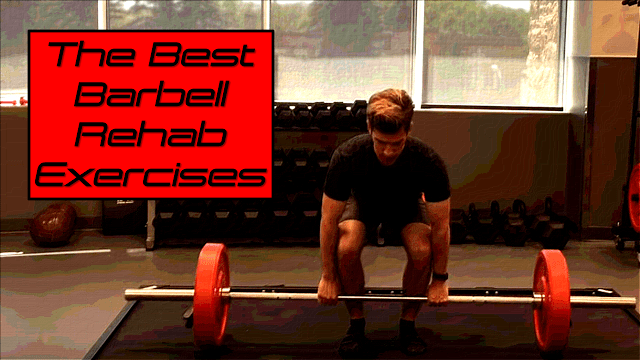If I had a dime for every time one of my patients told me “I feel like my hip is out of place,” I’d be a rich man. While I can understand why this is such a common notion, I’m here to tell you that your hips simply do NOT go out of place (for the most part). Furthermore, telling people this may actually do more harm than good!
What You're Actually Feeling
First, let's clear up a common misconception: your hip doesn't casually slip 'out of place' in everyday scenarios. If your hip truly was out of place, it would mean a dislocation, excruciating pain, and an urgent trip to the emergency room.
The reality is that outside of traumatic injuries or specific conditions such as Hypermobile Ehlers-Danlos Syndrome (hEDS), your hips don't go in and out of place like a puzzle piece. The human body is remarkable, designed with sturdy joints and bones that don't whimsically shift without cause.
Second, when people say their hip is “out of place” what they really mean is that they are experiencing one-sided low back pain in the region of the SI joint. It is usually a perception of their back being locked, not moving properly, or even just feeling out of whack.
What many have been told is that in order to “correct” this, you need specific hands on techniques like muscle energy or manipulation to pop your hip back in place in order to move correctly again. However, I will show you, this mindset can have serious repercussions.
Muscle Energy Technique
In physical therapy school, I was taught that muscle energy techniques (MET) could help realign a pelvis that is “out of alignment.” To perform them, you have the patient contract a specific muscle against the pressure of your hand or body to help “pull” the pelvis back into alignment.
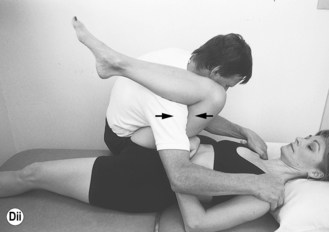
Muscle energy technique to correct an anteriorly rotated pelvis. Contract the hamstrings to pull the pelvis "back into place" (sigh)
After the muscle energy technique is completed, you then tell your patient that your maneuver helped realign their pelvis, and essentially “put their hips back into place.” What gives?
Fear Avoidance of Movement
While most people will temporarily respond well to muscle energy, what often happens after is a fear avoidance of movement. People are TERRIFIED to move in fear that they're going to "pop their hip out again!”
If simply pushing your leg against your therapist’s hands is enough force to “put your hip back in place” that implies that it is very easy to “throw it out” again. How in the world are patients going to buy into the concept of exercises such as loaded lunges and squats (things that actually DO cause permanent structural change) if their hips are “thrown out” so easily by the manual pressure of your hands!
I've had this happen to me multiple times with my patients. Everything is going well, he/she is in no pain, and it's time to teach a loaded lunge or squat, and what do I get?
Oh no, I can't do that, I'll pop my hip out of place again...my chiropractic just put it in last week!
Here’s the truth. While hands on techniques can cause a rapid reduction in pain and perceived tightness, proper education is KEY in order to prevent this subsequent and inevitable fear of movement.
It's Time to Promote Resiliency
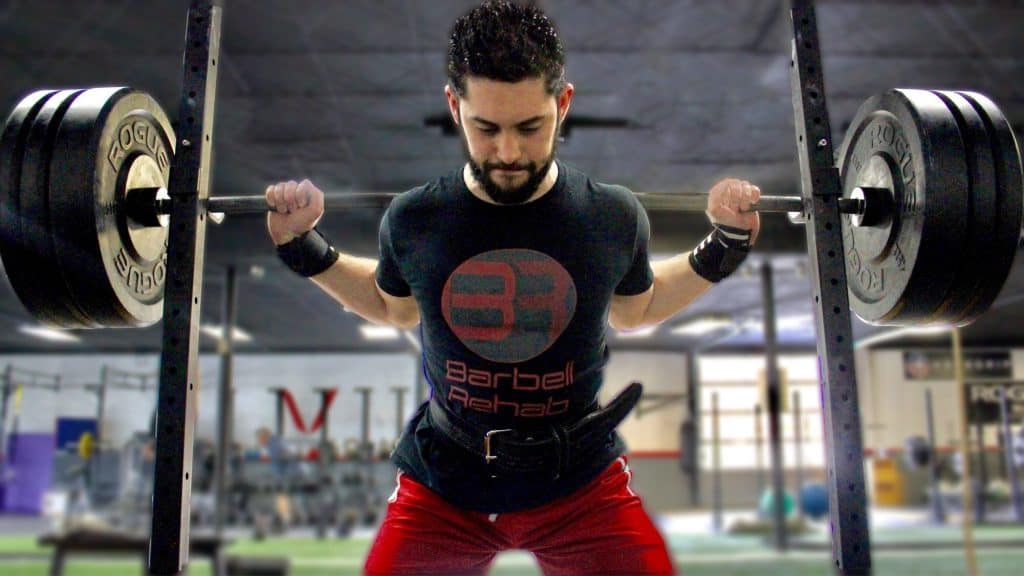
If your hips could go "in and out of place" with something as simple as manipulation or muscle energy techniques, your body would crumble to pieces under a heavy squat or deadlift. The last time I checked, it doesn't. This is because your body is made up of RESILIENT structures. In fact, your body is so resilient that it takes over 1,000 lbs. of force to deform fascia by even 1%. Tell me again how your hands on techniques are causing structural changes?
Do muscle energy techniques and spinal manipulation cause instant reduction in pain? Absolutely. Is this instant reduction in pain due to correcting a biomechanical abnormality or changing something structurally like popping your hip back into alignment? Absolutely not!
So What Do I Do Instead?
If you are someone who likes performing muscle energy techniques or manipulations, it is very important to utilize proper education. I tell my patients that I'm NOT realigning their pelvis or putting their hip back into place, I'm simply doing something that their brain seems to like so it rapidly decreases pain in the area after the technique...that's it.
I also stress that these techniques do not offer a permanent solution to their pain, and heavily promote threat-free movement and loading immediately after these techniques.
For those who do experience a sensation of "my hip is out of place," one of my favorite loading strategies is to perform a loaded lunge variation with extra range of motion, such as the reverse lunge from a step.
While the position of the legs do look familiar to the muscle energy technique mentioned above, there are some key differences:
- This variation is loaded, which prevents fear of movement
- It is performed both sides, which prevents a fear that moving the wrong way will throw it out again
- It can be done without the help of a practitioner, promoting self empowerment
I've just found that there's something about loading the hips at end range that helps clear up perceptions of one-sided tightness in both the low back AND hips, when something like squats and/or deadlifts cannot be tolerated. Give it a try and let me know what you think!
Conclusion
If you're someone who's constantly saying "my hip is out of place" fear not. Your hips don't go in and out of place, and you don't need someone to routinely "put them back in."
If you are dealing with recurring one-sided hip/low-back pain try taking a break from heavy loaded squats and deadlifts and opt for loaded lunge variations instead. Most importantly, stop walking around in fear of throwing your damn hips out and go MOVE!

